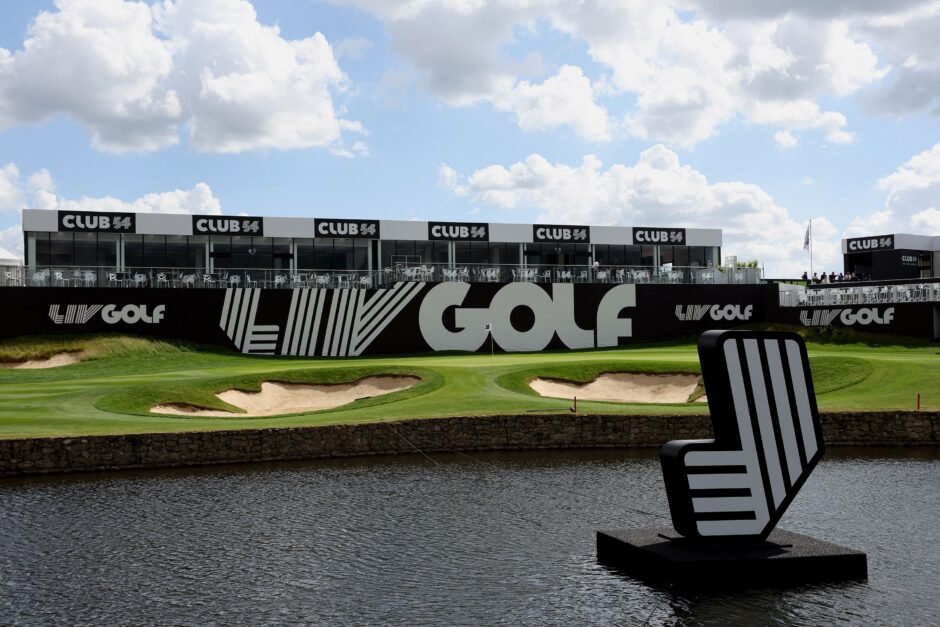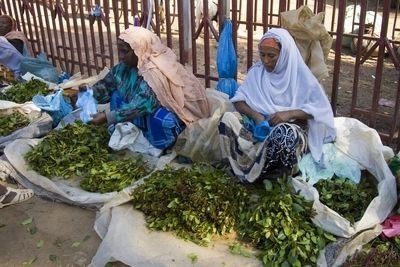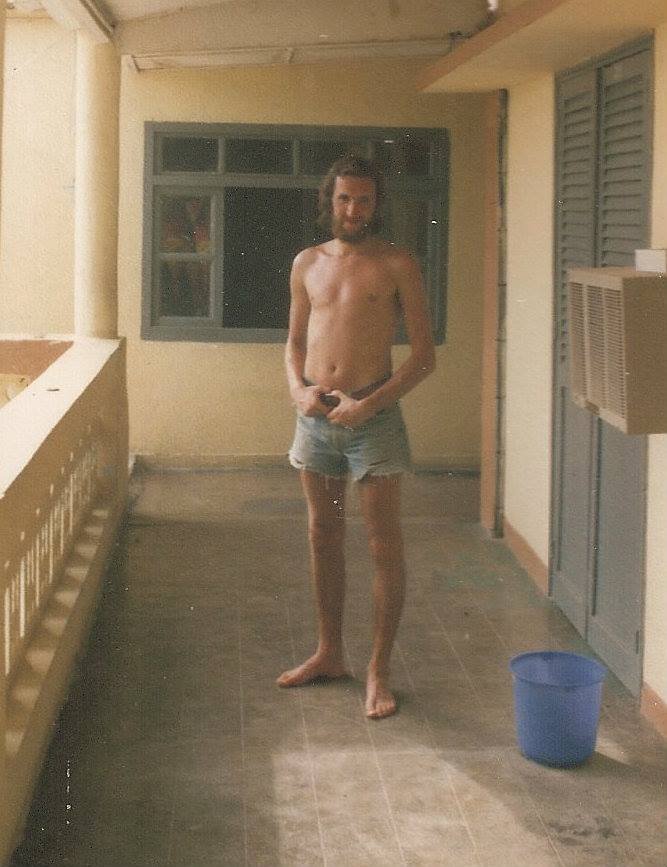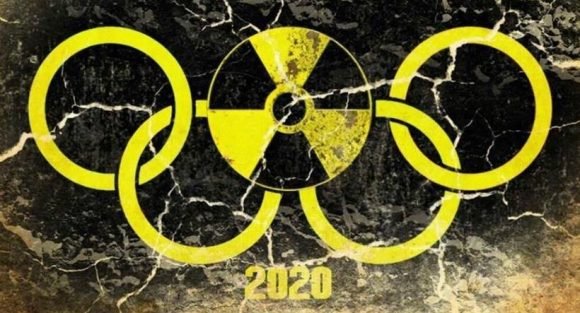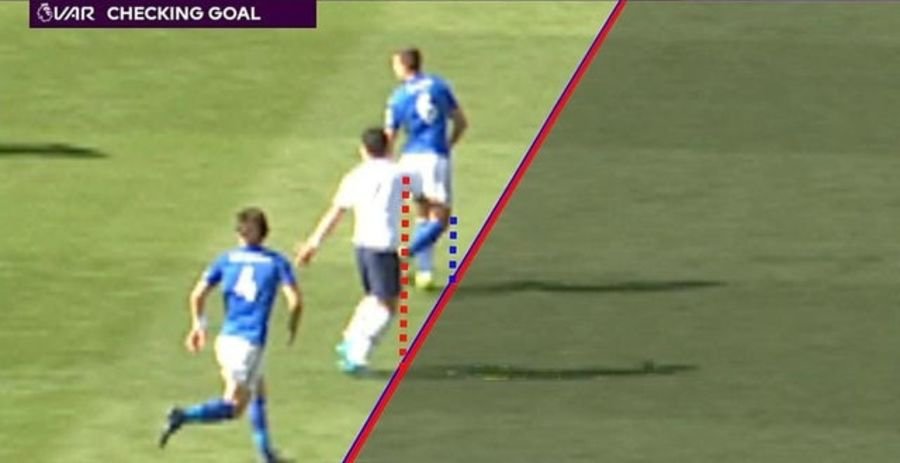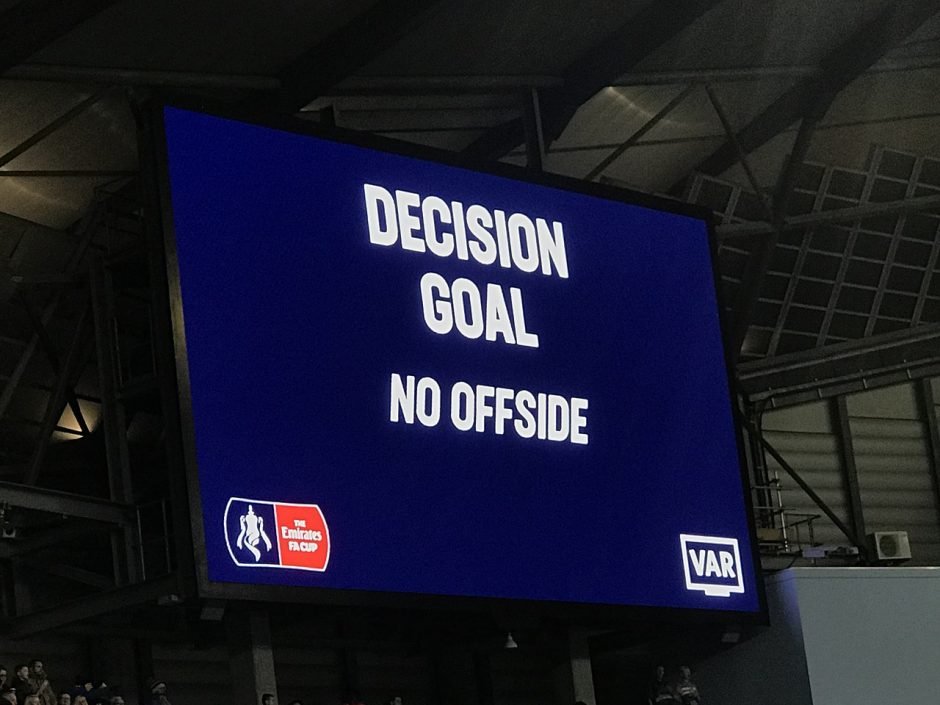How to solve PGA Tour vs. LIV (edit)
By Fred Varcoe
How can golf save itself? The advent of LIV has divided the sport and the sport needs to be undivided. The fact that it has been allowed to remain in a state of chaos is a disgrace and nearly all the participants are guilty to some degree. No surprise there. Most sports organizations are run by self-serving, blinkered idiots. They can’t see the bigger picture and don’t want to give up their slice of power. As a result, they don’t have the answers. Luckily, I do.
Indentured independent contractors
Unlike football, golf doesn’t have a powerful, world governing body like FIFA. It has the R&A in Europe and the USGA in the United States and they generally govern the game of golf and the rules of golf, as well as events like the four majors. There are many tours around the world, including the DP World Tour (formerly the European Tour), the Australasian Tour, the Champions Tour, the Sunshine Tour, the Japan Tour, the Asian Tour, the Korean Tour and, of course, the PGA Tour, which also controls the Korn Ferry Tour and PGA Tour Americas, both of which are feeder tours for the PGA Tour.
And then along comes LIV, throwing cash around to tempt players to abandon their commitments to the PGA Tour and play on an abbreviated but highly lucrative new tour of three-day tournaments with a closed field.
The PGA Tour cries foul, saying these players are breaching their contracts and have no right to jump ship, even though the PGA Tour calls these players “independent contractors.” The contracts state that these “independent contractors” can’t play anywhere else without permission from the PGA Tour. But restriction of trade is illegal. In the United States, “restraint of trade covers a broad range of activities, including:
– Creating a monopoly;
– Coercing someone to stop doing business;
– Using non-compete clauses or other contract provisions to prevent someone from conducting business;
– Negatively affecting someone’s ability to conduct business freely.”
The PGA Tour wanted to dominate professional golf and was very angry when it found out it couldn’t. On the surface, LIV’s intervention was a vulgar attack on the PGA Tour. But LIV didn’t want to operate in a vacuum and approached the PGA Tour to come to an agreement so that everyone could play golf happily. The PGA Tour refused to talk, and this was a stupid, irrational and self-defeating misstep. LIV didn’t want to destroy the PGA Tour; it wanted to complement it.
But like a jilted husband, the PGA Tour and its lackeys in Europe lashed out, invoking fines and bans for the rebel players, and even penalizing college players.
Talk about a resolution
Clearly, it needs to be resolved. Of course, some people might not want it to be resolved. Tens of players have earned PGA Tour cards because some of the world’s best golfers are playing on the LIV tour. A number have become winners for the same reason. Would Scottie Scheffler be so dominant if Jon Rahm, Brooks Koepka and Bryson De Chambeau were still playing on the PGA Tour? I think not. LIV has created opportunities for many journeyman players on the Korn Ferry and PGA tours, but that’s actually a good thing. People can see just how good a golfer ranked #150 or #200 can be. The elitism of the PGA Tour has damaged the game of golf. OK, LIV is a closed shop, but it has livened up the sport and given it new ideas, ideas that the PGA Tour has been happy to steal.
Lovers of golf do not want to see division and professional golf should provide a stable living for all its practitioners, not just the top 100. The Players Impact Program is an insult to golfers lower down the order. The idea that players who did not jump to LIV should get a bonus is absurd. Everyone on the PGA Tour has already benefited professionally and financially by the absence of some of the world’s best golfers.
So, we need a settlement. That settlement should make professional golfers true “independent contractors” so that they can play anywhere they want (subject to some eligibility rules). The irony is it’s so easy. By banning LIV golfers from PGA Tour events, it was the PGA Tour that suffered.
The further irony is that the LIV golfers did not want to leave their respective tours and in truth there was no reason why they should have. The top golfers always want to play in the top PGA Tour events, as well as the majors and the Ryder Cup. If the PGA Tour had said, “OK, let’s see how we can make this work,” things would have worked out fine.
Having criticized the PGA Tour, LIV also can’t escape criticism. Its ambush of the PGA Tour and DP World Tour and even college golf was crude and largely unnecessary. Better timing could have allowed the players to voluntarily hand in their PGA Tour cards.
No harm done
The truth is LIV was never going to do much damage to the PGA Tour. The PGA Tour basically damaged itself. The PGA Tour said players couldn’t play in tournaments that clash with PGA Tour events without permission. This doesn’t make sense. For a start, most of the top golfers play less than half the events in a year and some PGA Tour tournaments clash with (drum roll) … other PGA Tour tournaments. If the PGA Tour can schedule tournaments against itself, why can’t LIV (and let’s not forget tournaments in other parts of the world, especially the DP World Tour, which is played on far more interesting courses than the PGA Tour)?
Here’s an interesting concept for the PGA Tour: make your golfers true independent contractors and eliminate any restrictions about playing events that clash with PGA Tour events. This, I believe, is what golf fans would like to see.
Freedom is only going to benefit golf. I’m not saying that the PGA Tour shouldn’t make rules or even require a minimum number of tournaments, but it can rationalize its current system. Tennis did that by grading its tournaments and awarding points accordingly. The world tours can come up with a universal grading system (which it kind of has already for world ranking points) and apply it to their tours. (My system is: The points value of a tournament is determined by the world ranking of the top 10 players in that tournament.) The players can then decide their own schedules. I’m pretty sure the PGA Tour will still win out. Three of the majors are still in the U.S., plus the Players Championship. (I would like to see a World Major added to the international golf schedule, classifying it as a major and moving it to different parts of the world every year). It will be in LIV’s interests to make a schedule based around the top events in the PGA Tour schedule, partly to ensure that the top players will play and also to avoid antagonizing the PGA Tour.
Cruel and unusual punishment?
That’s all good, but we still have to deal with LIV, whose ambush of the PGA Tour was underhand. The elephant in the room is punishment. The PGA Tour and the DP World Tour went nuts, banning players outright and imposing ludicrously high fines (many of which LIV has paid). Let’s remember, the PGA Tour wants the top players back, so imposing fines of $100,000 a week is just stupid. If you want the players back, you have to find a reasonable way to do it. So, step 1: fine the players according to their status in the game, which can be determined by how much they’ve taken home in prize money on the relevant tours during their career.
Phil Mickelson will be at the top end of that scale, having won nearly $97 million. Fine him 1 percent of that total. Alternatively, you could come up with a system based on how many tournaments he’s competed in or won, but there’s no reason to make it complicated. A $970,000 fine for Phil makes sense to me.
The second part of re-integration is more difficult: ranking. Phil, a guy who won the PGA Championship four years’ ago, is currently No. 1,159 in the world. My feeling is that the LIV players have to start at a lower level. They can’t just jump back to their previous status. Where applicable, I would allow the top LIV players back into tournaments on sponsor exemptions because then the PGA Tour gets what it wants: the top players. Those lower down the totem pole will have to earn their places back. If they were on the DP World Tour or the Asian Tour, then those tours can decide how to allow them back. Many players have benefited – professionally and financially – from the absence of LIV players from the various tours, so it’s up to those LIV players to fight their way past this new batch of players on merit and earn their place back at the top table. A one-time massive Q school perhaps.
Team talk
If it sounds like I’m talking about the end of LIV, then I’m not. I like LIV. I like the 54-hole, shotgun start format and I think the PGA Tour should hold similar events. But I don’t see LIV as financially sustainable in its current format. One of my earlier ideas to change LIV was to make it a four-day event with the team event based on the fourth day of play. All four days would go to deciding the individual winner but the teams for the fourth day would be decided by the results of the first three days. So, Team 1 would consist of the players who finished first, 13th, 25th and 37th. Team 2 would consist of the players who finished second, 14th, 26th and 38th, and so on.
That works fine and would be exciting except that LIV’s financial goals include making the teams into money-making franchises. Having different players every week wouldn’t fit that model. But the current model – four players to a team – is too restrictive and if a player’s injured, the team’s down to three or using a sub. My idea is that each team consists of a squad of eight to 10 players. Now, remember, this will work out if the players really are “independent contractors,” so that players can switch between tours during the season. Sure, LIV can tie a few down with appearance fees to make sure the teams don’t consist of college players, but my vision is to have eight to 10 top players in a squad but still only have four players representing a team in any given week (although if there’s no clash with other events, having all eight or 10 players play over four days would be really cool).
And that system takes my next idea a step further: the LIV Tour should be a TEAM EVENT ONLY. Fans love team events and LIV has clearly been trying to capitalize on that, but not very successfully. The team element is always secondary to the individual competition. Put it as the focus of LIV and you have a dynamic, fan-friendly event (hopefully with better names than Smash or the Cleeks). Then, the franchise system will work. Fans would love it, broadcasters would love it, sponsors would love it, and money-grubbing agents and businessmen would love it.
The PGA Tour has already agreed, provisionally, to work with LIV and some say it needs LIV’s proposed $1.5 billion dollar donation. In short, professional golf needs to look at itself in the mirror; if it was starting from scratch, how would it be organized? Probably a lot better than it’s being organized at present.
